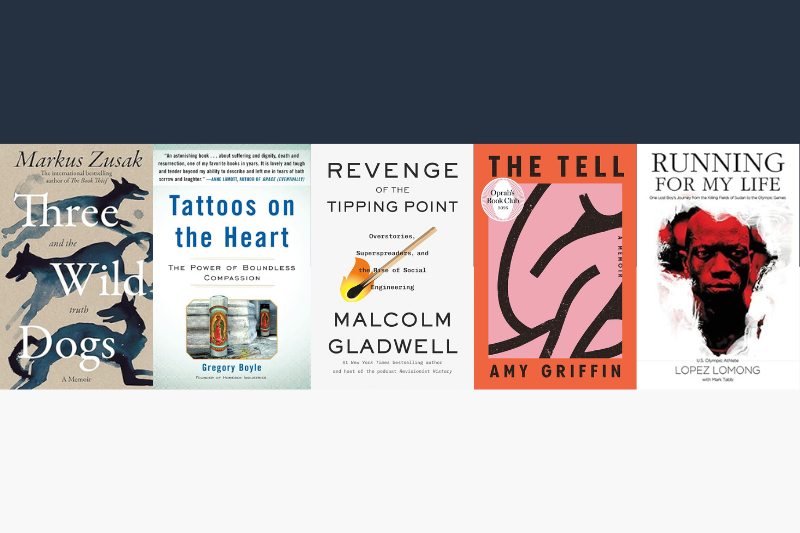Who is going to be more successful, someone who tries to avoid problems, or someone who tries to succeed?
The answer is easy isn’t it? The absence of failure does not equal success.
Yet, many people develop a mindset that emphasizes not failing, which is called a prevention mindset. This is different than possessing a mindset that emphasizes winning and succeeding, which is called a promotion mindset.
To more fully define and describe each of these mindsets, let me use a metaphor of a ship captain.
A ship captain with a prevention mindset is primarily concerned about not sinking. Thus, they are focused on ensuring things run smoothly, that no problems occur, and they try to limit risk, as risk could be hazardous to their well-being. As such, they are largely focused on what is most urgent, and are not really focused on what is important, which is actually getting to a destination.
A ship captain with a promotion mindset is primarily concerned about their destination and making progress toward that destination. Such a captain recognizes that on their journey, problems are going to occur, thus s/he anticipates such problems. Additionally, such a captain recognizes that they will have to risks because no great rewards come without taking risks. As such, they are largely focused on what is important as opposed to what is urgent.
Ultimately, the difference between these two captains is that the captain with a prevention mindset ends up wherever the winds and current take them (a destination not of their proactive design), whereas the captain with a promotion mindset is willing to fight against winds and currents to get to a destination of their proactive design.

Evidence suggests that many people have more of a prevention mindset than a promotion mindset. Let me share two pieces of evidence.
First, research done by the Social Security Administration has found that if you take 100 people and follow them through retirement:
- 1 will be wealthy
- 4 will be financial secure
- 5 will continue working because they have to, not because they want to
- 36 will be dead
- 54 will be broke and dependent on social security checks, relatives, friends, and charity to maintain a minimum standard of living
What does this suggest about people’s mindsets? How many people seem to be willing to go against the currents and winds to reach a destination of their proactive choosing?
Second, in my personal research, I surveyed 110 people. For the first question, I asked them if they had a purpose (i.e., destination) for their life. 89 said that they had a purpose. In the next page, I then asked people to articulate their purpose. 80 actually wrote a purpose. Of those 80, only 11% (9 of the original 110 people) seemed to have actually thought in depth about their life’s purpose and could state it in a somewhat articulate fashion.
Do you have a purpose, a destination you are heading towards?
Or asked differently, what mindset do you have? A prevention or a promotion mindset?

I have had both in my life. When I was in high school, I was very promotion-minded. I had clear goals for the things I wanted to accomplish across school, athletics, and socially.
But, as soon as I moved away from home to go to college, my mentality changed. I realized that life on your own was not necessarily easy. Thus, I developed the mindset that as long as I didn’t “mess up,” I was successful. But, that is a prevention mentality.
In all honesty, I was in a prevention mindset until just over a year ago when I awoke to the fact that I had a prevention mindset, and that it had been limiting me from accomplishing my dreams. As a result, I have since put on a promotion mindset, which has led me to start up my consulting/training business, this blog, and doing a variety of other activities to proactively create the life I once dreamed about.
As much as having a prevention mindset is comfortable, when we have a prevention mindset, we are the passenger of our life, at best. When we have a promotion mindset, we are the driver of our lives.
Are you the driver of your life? Find out with this free personal mindset assessment:










